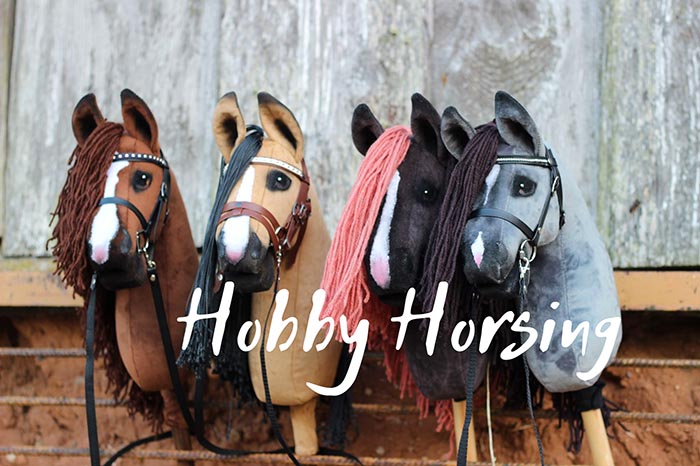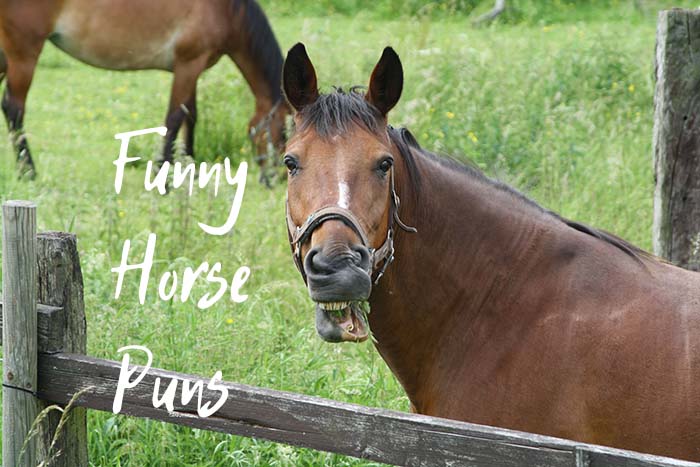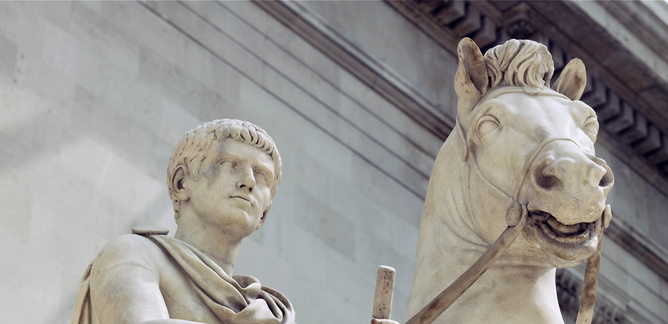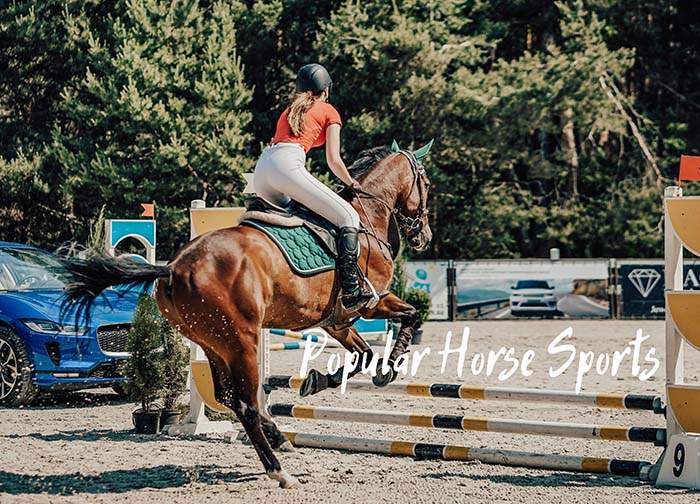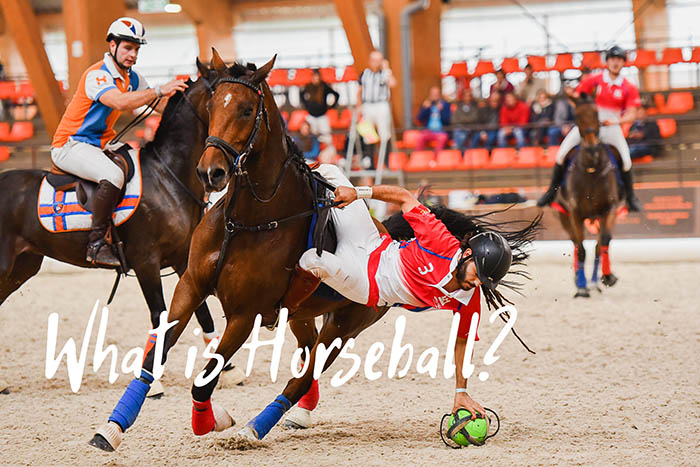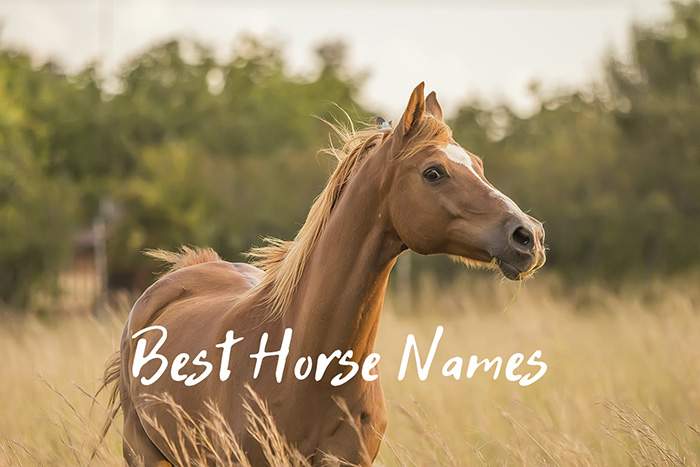Unique & Interesting Traits Exclusive to Horses
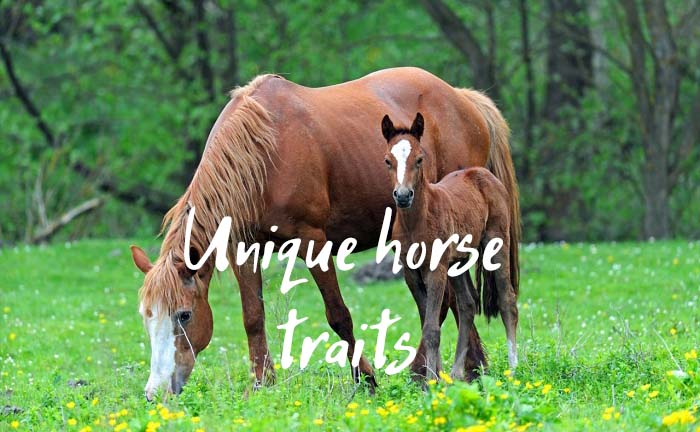
While horses are not the only equines in the world, certain aspects make them unique among their peers. In my experience, I’ve come across several unique and interesting traits that are exclusive to horses, and I wanted to share some of them with you today.
The most unique and interesting characteristics of horses include their outstanding vision, their ability to form friendships and attachments, a habitual nature, a tendency to wander off, their impressive memory, dominance hierarchy, submissive nature, and keen instincts.
Let’s have a look at each trait and figure out how they influence a horse’s quality of life, behavior, and personality.
Horses uniquely see things.
Horses are prey animals, and as such, they have evolved to spot predators before they get a chance to get in too close. Since their eyes are located at the sides of the head, horses can employ a unique form of vision called Monocular vision. This means that they can see and perceive different things with each eye. They can also focus both of their eyes on a single object with Binocular vision.

When a horse keeps its head and neck in a straight position, two very important blind spots form directly in front and behind the eyes. It’s very important to approach a horse from the side at all times to avoid spooking it and causing it to kick. If you must approach a horse from the rear, make sure the horse can hear you properly and that it’s aware of your presence.
I’ve touched on horse vision before, and I even gave some insights into how to take care of your horse’s vision in a separate article. You can find it right here if you’re interested in learning more about horse’s eyes and their outstanding vision.
Horses can form bonds and friendships.
It’s a well-known fact that horses bond with their riders and caretakers. That’s because most horses are kind by nature, especially cold-blooded ones and warmbloods. They also enjoy the company of others, whether we’re talking about their own herd or people. Horses have evolved to be social. Their strength is in their numbers, especially when out in the wild.
It’s not uncommon for some horses to take turns keeping an eye out for predators while the rest of the herd sleeps. Horses look out for each other, and they look out for their human companions as well.
Some would argue that other animals can form bonds with people as well, and dogs certainly come to mind. The key difference is that dogs are predators and horses are prey animals. For a prey animal to trust a human and form a bond or even a friendship with him is something truly unique and praise-worthy. Moreover, horses are willing to face their fears and bond with us, even protect us in some situations, and that makes them truly unique.
A horse’s habitual nature.
Another interesting trait that makes horses stand out is their habitual behavior and their ability to learn by repetition. Furthermore, they come to expect certain things to happen at certain times of the day. This means that they like to eat at a specific time, train at a specific time, and so forth.
A horse’s habitual nature allows it to lead a disciplined and balanced life. Other animals such as cats also prefer to follow strict schedules. By sticking to a schedule every single day, a horse will become more at ease, less edgy, less frightened of unexpected events.
Horses will always be prey animals, and even domesticated ones still retain some of their wild instincts. However, by leaning into their habitual nature, we can make it easy for them to form bonds with us, and we can help them become more effective in their work.
Horses have a tendency to wander off.
If you turn your horse out to pasture frequently, it’s very important to check your fencing frequently in order to make sure your horse won’t just wander off. Since we’re talking about domesticated horses, it’s worth noting that they don’t usually wander off too far. However, it’s in their nature to explore their surroundings or to find better sources of food.
Why do horses have a tendency to wander off? Again, it all has to do with the way they are wired as prey animals. In the wild, horses constantly move from one place to the next as they look for better food and water sources. They can travel between 50 to 100 miles in a day depending on their fitness levels and the urgency of the situation.
Sometimes, even domesticated horses tend to wander off as soon as their rider dismounts them. While they don’t generally go too far, finding them and bringing them back can be a hassle sometimes.
Horses have excellent memories.
I’ve always known that horses are incredibly intelligent, but I was very surprised to find out just how good their memory is. Horses will remember their human friends and keepers after extensive periods of separation. They will remember their training as well, and they will do their best to pick up where they left off after a period of inactivity.
Actually, I’ve touched on this subject before in a separate article, so make sure to give that one a read as well if you’re interested.
Horses will also remember complex strategies for solving various problems or obstacles for up to a decade or more. It’s not far-fetched to state that horses have some of the best memories in the animal kingdom, right up there with elephants, dolphins, and parrots.
Dominant hierarchy.
Because horses are herd animals, they always form a dominant hierarchy. This means that someone always needs to be in charge of the herd. Humans use this trait to establish their own dominance over horses. If done correctly, this dominance can be exerted fairly easily without making the horse too fearful.
It’s interesting to note that horses exert dominance by controlling the movement of their peers. As far as I know, horses are the only animal species to be dominated entirely by movement. Sometimes they perform strange movements such as rolling on the ground for no apparent reason. I’ve actually covered this subject in a separate article that you can find right here.
Submissive nature.
As I mentioned before, horses will submit naturally to a dominant leader, and they will follow his instructions without objection. This behavior is exhibited both in the wild and in domestic cases. In order to submit a horse, a human needs to be able to control its movement.
In the wild, the hierarchy is usually divided into two leaders: an alpha mare that has seniority and experience, as well as a stallion that owns the entire herd. Therefore, the human handler needs to borrow traits from both of these established herd leaders in order to tap into a horse’s submissive nature.
Understanding herd hierarchy and a horse’s natural place in the herd are extremely important.
Horses have keen instincts.
All domesticated horses have retained some part of their wild instincts. These instincts can’t be “ironed out” no matter how hard we train our horses or how obedient they become. Horses’ instincts are hardwired into their very being. They allowed their ancestors to survive in the wild, and they will always play some part in their life no matter what we do.
A horse’s main defense mechanism is running. Horses will run away if they sense danger, and they will attempt to outrun their predators at every chance. They sometimes react without thinking first. This is understandable, as quick reaction times can make the difference between life and death.

